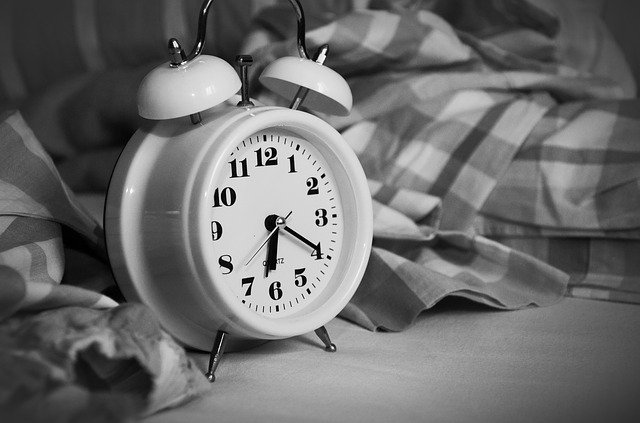Researchers completed an exploratory study to determine whether healthy sleep improved weight loss after bariatric surgery.
With obesity at epidemic proportions, weight loss can seem an unachievable goal for some people. One treatment option for weight loss is bariatric surgery, however, up to 25% of patients are not able to maintain their initial weight loss. In the years after the surgery, they experience weight regain and the associated health problems that come with it.
Researchers are developing strategies that will enable bariatric surgery patients to maintain their weight loss. One avenue they are exploring is the quality of sleep bariatric surgery patients get. Recently researchers have studied various aspects of sleep and maintaining bariatric surgery weight loss. Studies have shown that weight loss surgery can improve sleep apnea and sleep quality improves afterward.
Researchers from the Department of Medicine, New York Obesity Nutrition Research Center, in New York completed a pilot study examining the relationship between maintaining weight loss after bariatric surgery and sleep quality. The results were published in the journal, Obesity.
Fourteen participants from the Longitudinal Assessment of Bariatric Surgery trial participated. The patients’ body weights were measured before bariatric surgery, and at one, two, six, and nine years after surgery. The patients reported hours and quality of sleep at the nine-year postoperative visit.
The participants’ data were analyzed and the average weight re-gain between years two to nine was about six percent. No relationship was found between sleep and weight loss; however, sleep duration was found to be directly related to weight loss. When participants slept longer, their BMI was lower at both the six and nine-year follow-ups.
Researchers also found that participants that slept longer lost the greatest percentage of weight overall. Better sleep quality meant more weight loss, while poor sleep quality was related to weight gain.
The study results are limited by the small sample size of the group. Another limiting factor was the use of only one sleep quality questionnaire at year nine. To improve the data, researchers would like to conduct a longer study covering weight loss after bariatric surgery and sleep duration and quality.
Researchers hope that additional studies will provide important data that will improve patients’ weight loss after bariatric surgery.
Written by Rebecca K. Blankenship, B.Sc.
References:
- Zuraikat F, Thomas E, Roeshot D, Gallagher D, St‐Onge M. Can Healthy Sleep Improve Long‐Term Bariatric Surgery Outcomes? Results of a Pilot Study and Call for Further Research. Obesity. 2019;27(11):1769-1771. doi:10.1002/oby.22601
- Johnson Stoklossa C, Atwal S. Nutrition Care for Patients with Weight Regain after Bariatric Surgery. Gastroenterol Res Pract. 2013;2013:1-7. doi:10.1155/2013/256145
Image by congerdesign from Pixabay



